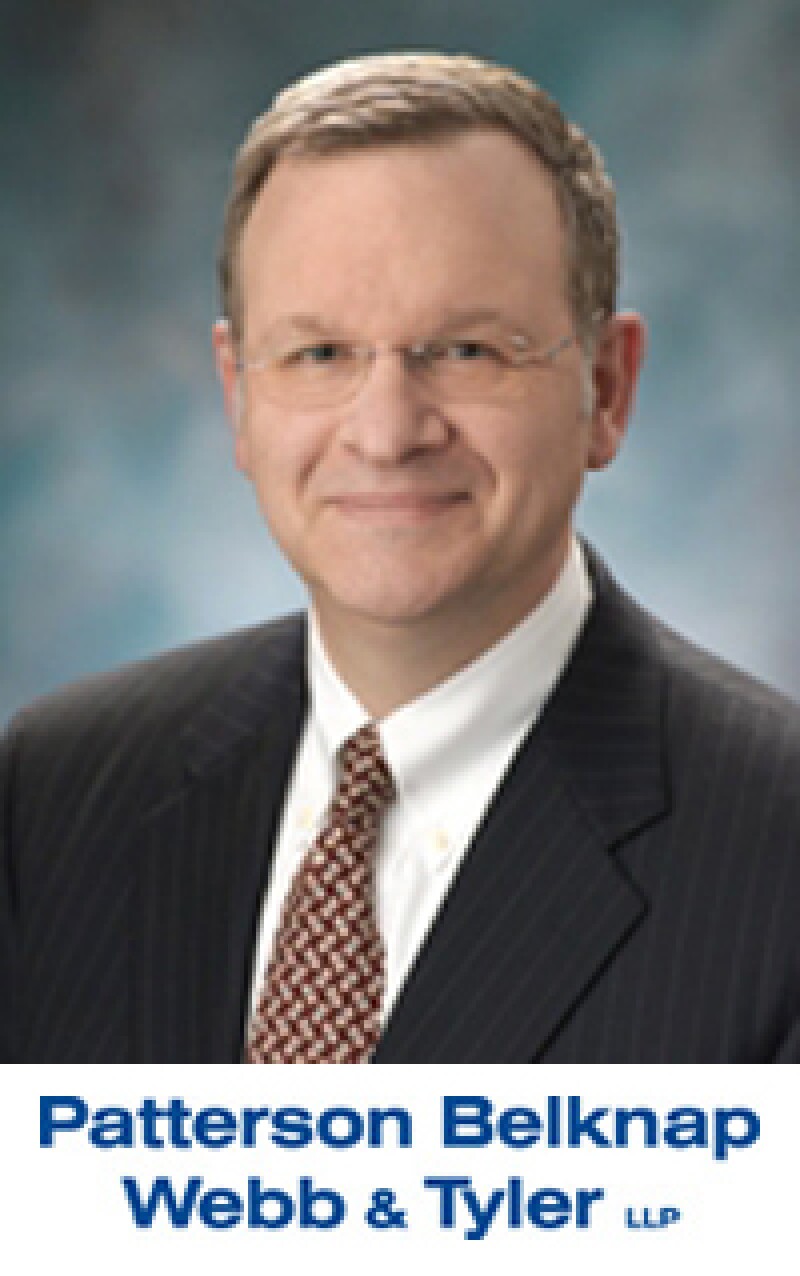
Specifically, those issues focused on patent professionals who are not attorneys-at-law but are admitted to practice before one or more Patent Offices. I soon realized from other cases that these disputes also arose with other non-attorney IP professionals who were admitted to practice under the laws of their venues. (I will call them IP professionals, which includes patent agents, attorneys and other non-attorney IP professionals who are admitted to a professional bar.)
When I was Chair of the AIPLA Patent Litigation Committee, I saw other AIPLA members facing the same issues and heard similar concerns from our patent agent members and their employers. I also spoke often with leaders of other Bar Associations – particularly FICPI and AIPPI – and it became clear that they too were facing similar issues for their clients and their members’ clients.
Moreover, as time went on we could see more and more indicators that privilege for IP professionals needed protection – everything from the European Commission ruling that there is no privilege in competition cases for attorneys at law who work in-house (Akzo Nobel Chemicals Ltd et al v Commission, September 14 2010, Case C-550/07) to the 2012 draft documents for the European Unified Patent Court that eliminate all privilege except as it would relate to the actual litigation.
The leaders of AIPLA, AIPPI and FICPI decided to focus more resources on the issue of privilege generally and more particularly for IP professionals. AIPPI had been studying the issue for a number of years, so the working group started with AIPPI’s proposal and expanded that into a working document for consideration. We also decided to convene a colloquium on the issue for government and bar association representatives.
In June the three organizations, AIPLA, AIPPI and FICPI, held that colloquium in Paris. Twenty two countries were represented. Our goal was a relatively modest one – to encourage consensus on a framework to protect confidential intellectual property advice given to a client either by a lawyer or non-lawyer IP professionals. After all, clients and potential clients need to be able to obtain confidential advice on intellectual property rights from IP advisors both nationally and internationally. Therefore, communications to and from IP professionals and documents created for the purposes of advice need to be confidential and protected from forcible disclosure to third parties unless the client voluntarily makes them public or agrees to such disclosure.
This protection promotes information being transferred fully and frankly between IP professionals and the persons being advised. This full and frank transfer of information supports interests which are both public and private, specifically the delivery of correct legal advice in compliance with the law. But to be effective, the confidentiality of communications needs to be certain. In the complex area of international IP advice, the AIPLA Committee agreed that there is a strong public interest to protect such communications so that comprehensive legal advice can be sought and obtained without fear of disclosure.
The presenters at the colloquium included government experts and practitioners from Australia, Germany, Japan, Switzerland and the United States. Two of the major problems identified were that some countries do not provide privilege for lawyer and/or patent agent communications while others do not provide any, or sufficient, protection to foreign lawyer and/or IP professional communications relating to IP advice.
The presentations and discussions between the participants demonstrated that there are viable options to remedy these problems and that their resolution is very important. In both common and civil law systems an agreement could be reached that communications relating to confidential IP-related discussions with lawyers and/or IP professionals can be either confidential to the client, or subject to professional secrecy, and in both cases protected from disclosure to third parties unless waived by the client. The protection would not hide underlying facts subject to disclosure requirements such as prior art – only confidential questions, advice and characterizations.
At the conclusion of the colloquium the three associations agreed on a communique after it was discussed with all attendees. We also agreed on proposal for continued work. That proposal will be reviewed with the goal of developing a proposal for further consideration by individual countries and jurisdictions.
Thanks for reading,
Jeff










